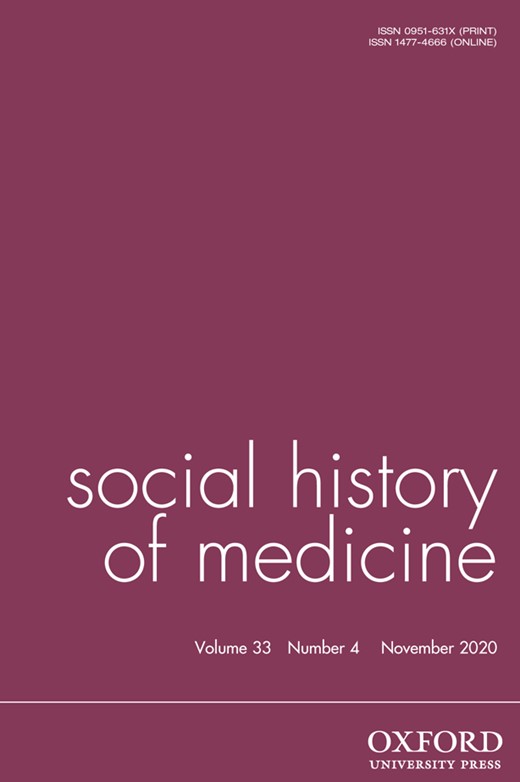-
Views
-
Cite
Cite
Reut Harari, Medicalised Battlefields: The Evolution of Military Medical Care and the ‘Medic’ in Japan, Social History of Medicine, Volume 33, Issue 4, November 2020, Pages 1143–1166, https://doi.org/10.1093/shm/hkz042
Close - Share Icon Share
Summary
During the tumultuous Meiji era (1868–1912), medicine, war and the relationship between them changed significantly in Japan, in reaction to the expansion of western imperialism. During this era of reforms, which coincided with the rise of humanitarianism and the modernisation of international warfare, a new role emerged at the intersection of war and medicine: the medic. Medics were paradoxical figures, serving as soldiers whom the military trained to provide care but forbade to fight. The medic evolved continuously as army leaders and the army’s medical department repeatedly redefined it in light of knowledge obtained from abroad and of accrued wartime experience. This article explores how the role evolved out of discrepancies between learned, planned and encountered realities and argues that the invention and reinvention of the medic mirrored attempts to redefine not only medicine’s role in battle, but also medical care, where it was to be provided and by whom.




